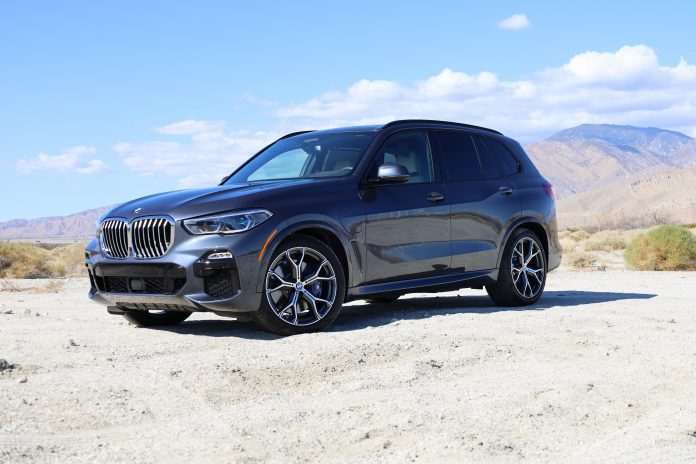New research from professional services provider KPMG has shed more light on the relationship between electric vehicle hesitancy and the market’s limited ability to address consumer needs.
According to the company’s pulse summer survey, roughly 50% of U.S. car buyers are interested in purchasing an EV. Of these shoppers, most said they expected to own an electric car by 2025. These two points indicate that the demand for battery-powered vehicles is far greater than anticipated. However, KPMG notes that many of these consumers are choosing to wait on their purchase due to a variety of factors.
Chief among these is affordability. Gary Silberg, KPMG global automotive sector leader, noted that while many buyers were interested in ditching their gas-powered cars, he was uncertain about “how many people can afford it.” The effect of high car prices on EV adoption can also be seen in the survey: households earning $100,000 or more purchased zero-emission vehicles at a far greater rate than those below this range.
Consumers are also faced with concerns over driving range. The length of time a battery can power an EV varies based on temperature. This means that in colder states, electric cars saw less demand than in warmer areas such as California. Populous states were also more likely to see higher EV sales, attributable to better infrastructure and shorter overall travel times. Out of the regions studied by KPMG, the Midwest was determined to be the least interested in adopting EVs.
Although the effects of pro-EV legislation, such as the Inflation Reduction Act, and technological advancements in the areas of battery manufacturing are likely to remove many of these barriers, KPMG warns that demand is likely to stay bottlenecked for some time. However, given the high number of consumers interested in making the transition, the market is likely to boom once the necessary progress is made. It remains to be seen how long these changes will take.



